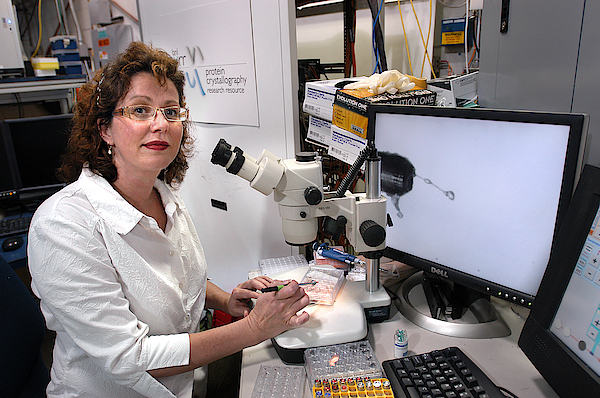Use code RJTJFG for 20% off at checkout. Until 5/31/20


Boundary: Bleed area may not be visible.


by Science Source
$54.00
This product is currently out of stock.
Size
Orientation
Image Size
Product Details
You'll never run out of power again! If the battery on your smartphone or tablet is running low... no problem. Just plug your device into the USB port on the top of this portable battery charger, and then continue to use your device while it gets recharged.
With a recharge capacity of 5200 mAh, this charger will give you 1.5 full recharges of your smartphone or recharge your tablet to 50% capacity.
When the battery charger runs out of power, just plug it into the wall using the supplied cable (included), and it will recharge itself for your next use.
Design Details
Based in part on protein structures determined at the National Synchrotron Light Source (NSLS) at the U.S. Department of Energy's Brookhaven National... more
Dimensions
1.80" W x 3.875" H x 0.90" D
Ships Within
1 - 2 business days

Photograph

Canvas Print

Framed Print

Art Print

Poster

Metal Print

Acrylic Print

Wood Print

Greeting Card

iPhone Case

Throw Pillow

Duvet Cover

Shower Curtain

Tote Bag

Round Beach Towel

Zip Pouch

Beach Towel

Weekender Tote Bag

Portable Battery Charger

Bath Towel

Apparel

Coffee Mug

Spiral Notebook

Fleece Blanket

Tapestry

Jigsaw Puzzle

Sticker
Based in part on protein structures determined at the National Synchrotron Light Source (NSLS) at the U.S. Department of Energy's Brookhaven National Laboratory, scientists at the University of Utah have developed new peptides that appear to be significantly more effective at blocking HIV's entry into cells than other drugs in their class. In a paper published online by the Proceedings of the National Academy of Sciences the week of October 8, 2007, the researchers say these peptides are sufficiently potent to begin pre-clinical studies as a new class of agents for the prevention and treatment of HIV/AIDS. Annie Heroux (pictured here), a biologist and crystallography specialist at Brookhaven Lab is co-author of the paper. This structure-assisted design led to the discovery of D-peptides with up to a 40,000-fold improved antiviral potency over previously reported D-peptides. The structures also suggest ways to engineer the peptides to reduce the chance of drug resistance.
$54.00


There are no comments for Hiv Research. Click here to post the first comment.